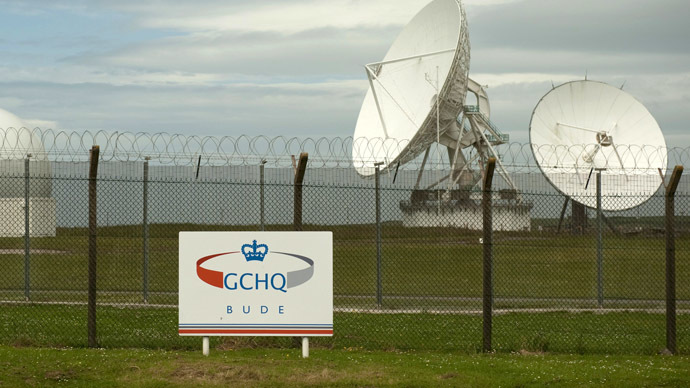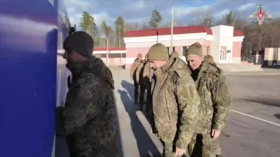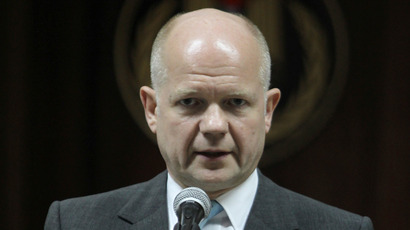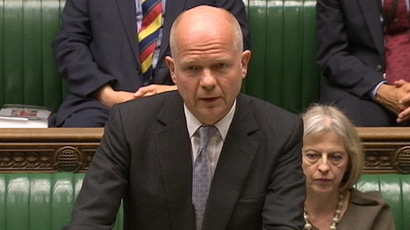UK parliament to hold inquiry to see if spy laws are adequate

The British parliament is to hold an inquiry into whether laws on ‘state snooping’ are up to the task of regulating Britain’s spy agencies in the age of the internet.
Despite the fact the parliament’s Intelligence and Security
Committee (ISC) cleared the Government Communication Headquarters
(GCHQ) of circumventing UK law by its use of the NSA’s Prism
surveillance program in a report released on Wednesday, it has
decided to mount a wider legal investigation into UK surveillance
operations. The probe follows widespread public shock and concern
over government spying in the US and the UK.
Sir Malcolm Rifkind, the committees’ chairman and former Foreign
Secretary, said that the UK’s spy agencies “can only operate
under acts of parliament” and was thus only appropriate to
“give a considerable amount of thought to the wider
legislative framework.”
There is also an acknowledgement by the ISC that current
legislation, which was drawn up when electronic surveillance
consisted of bugging copper telephone wires, is no longer
adequate for the Internet age, in which vast amounts of
information is carried down fiber-optic cables.
All current UK legislation which governs the security services is
at least 13-years old.
The pressure group Big Brother Watch wrote in article earlier in the week that current UK legislation on surveillance is “no longer fit for purpose and out-of-date”. The government body in charge of regulating the intelligence agencies as well as police surveillance operations the Interception of Communications Commissioner Office (ICCO) has just 10 full time members of staff to oversee the activities of more than 10,000 personal across three agencies as well as the police.

The pressure group also raises the issue that proposed
legislation is intended to provide a legal basis for activity
that it is already underway.
“If the law is not fit for purpose, the question of not
breaking it is largely irrelevant. These laws were written when
the internet was unknown to the majority of people and was far
from the minds of parliamentarians who drafted the laws GCHQ is
now bound by. Parliament must urgently turn its attention to this
issue,” Nick Pickles of Big Brother Watch told the Guardian.
The ISC’s report confirmed for the first time Britain’s use
of intelligence obtained from the US Prism program. The report
said it had reviewed a list of UK nationals who had been subject
to monitoring as a result.
NSA documents which were leaked to the Guardian by Edward Snowden
show that GCHQ had generated 197 intelligence reports from Prism
in the first half of 2012.
“It has been alleged that GCHQ circumvented UK law by using
the NSA Prism program to access the content of private
communications. From the evidence we have seen we have concluded
that this is unfounded,” the report concluded.
The short report only focused on intelligence information that
GCHQ had specifically requested on particular individuals who
were already under suspicion.
The committee did not look at the legality of personal data of
British citizens that may have been given to the UK security
services by the NSA.















